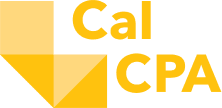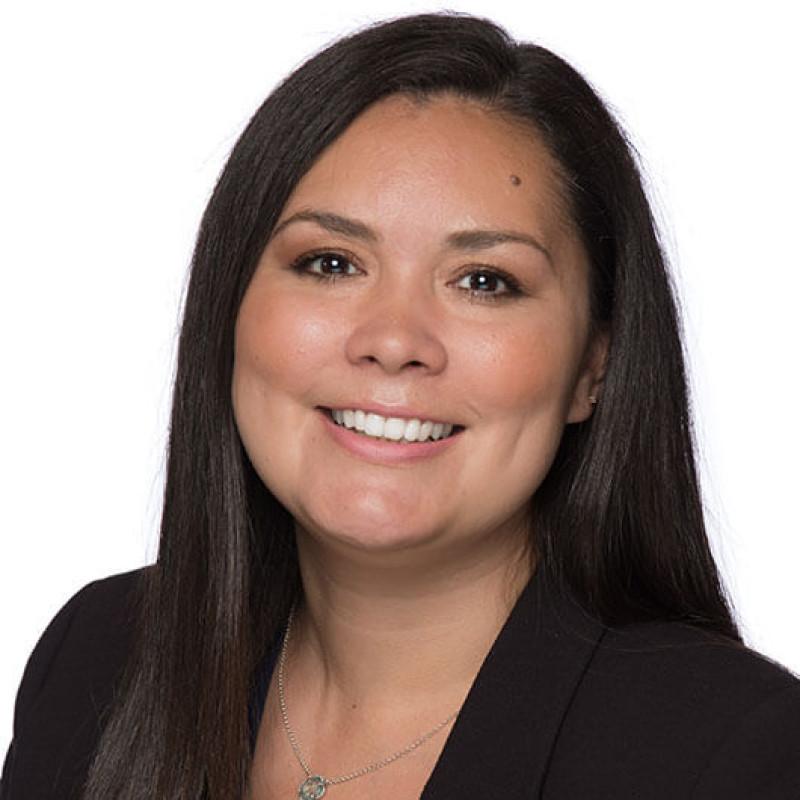School Districts Virtual Conference 2025
Date: April 23 - 24, 2025
Time: 8:30 a.m. – 4:05 p.m. PT
Member
$459.00
Nonmember
$579.00
Members, log in to access your discount.
Overview
Financial professionals auditing school districts must stay ahead of evolving accounting and compliance challenges. Join us for expert insights on the latest industry developments, financial statement updates, internal controls, and key compliance hurdles. Learn from industry leaders as they share real-world examples and practical guidance to help you navigate the complexities of school district audits.
Please note, agenda and/or speakers are subject to change.
Product Code
1000003829
Credit Type
CPE: 11CPE-AA: 10CPE-GT: 10CPE-Technical: 11YB: 10Format
Virtual
Intended Audience
Senior-level staff and partners responsible for school district audits, large-district business staff, school district fiscal directors, county office business officials and school board members.
NASBA Field of Study
Accounting (Governmental)
Level of Difficulty
Update
Prerequisites
Working knowledge of school district auditing.
Advance Preparation
None
Learning Objectives
Major Subjects
- Industry developments and updates
- Financial statements
- Internal controls
- School district compliance
Agenda
8:30 – 8:31 a.m. PT
Welcome Remarks
8:31 – 10:10 a.m. PT
GASB Update
Stay up-to-date with the latest developments from the Governmental Accounting Standards Board (GASB) in this session. The session will cover newly implemented procurement standards, ongoing projects being deliberated by the board, pre-agenda research, and other current research initiatives. Insights into the post-implementation review process will also be provided, helping attendees navigate the evolving landscape of governmental accounting standards.
Speaker(s)
Lisa Parker
10:10 – 11 a.m. PT
Single Audit and Federal Compliance Update for 2025
In this session we’ll explore the changes in the key rules and requirements of single audits for 2025. We'll also discuss significant changes to federal compliance rules and regulations and also developments in the federal government to be aware of in the coming year.
Speaker(s)
Matthew DinsdaleDanielle (Dani) Springfels
11 – 11:10 a.m. PT
Break
11:10 a.m. – 12 p.m. PT
Deep-Dive on GASB 101
In this session we’ll provide an overview of the accounting and financial reporting changes governmental entities will need to implement as a result of adopting GASB Statement No. 101, Compensated Absences. We’ll also explore some of the initial challenges early implementers have faced and offer some solutions to help streamline adoption.
Speaker(s)
Keith Simovic
11:35 a.m. – 12:25 p.m. PT
Quality Management Standards in Governmental Auditing
Explore how Quality Management Standards (QMS) are transforming governmental audit practices and shaping the future of public sector accountability. This session examines the unique challenges and requirements of implementing QMS in governmental entities, focusing on risk assessment, compliance requirements, and practical implementation strategies. Participants will gain insights into integrating QMS with Yellow Book requirements, managing quality in intergovernmental relationships, and maintaining effective documentation standards for governmental audits.
Speaker(s)
Amy Meyer
12:25 – 12:55 p.m. PT
Lunch Break
12:55 – 1:45 p.m. PT
Enhancing Accounting Services with AI
One of the Top 25 Thought Leaders in the profession, Donny Shimamoto, CPA, CITP, CGMA, will discuss how we can enhance accounting services using artificial intelligence (AI). There’s a lot of hype around AI and how it will revolutionize the way we work. Some people have even said it will replace accountants. While this is still probably more than a few years off, there are some AI tools that are ready for accountants to adopt now. This session will look at the ways that AI can already be used in audit, tax, and finance. We’ll also discuss the cybersecurity and privacy implications of AI and what you should be doing to mitigate those risks.
Speaker(s)
Donny C Shimamoto
1:45 – 3 p.m. PT
Out of Control: Internal Controls to Minimize Fraud Risk
This session will share stories about actual frauds that have been perpetrated against California local governments. Ten of the most important fraud controls will be described, discussing why they are important, how to assess the adequacy of the controls, and how to implement the controls. For each of the controls, a real-life fraud will be described to clarify the danger when the control is not working properly. Handouts include (a) comprehensive checklist of internal controls used by governments, (b) list of recommended policies/procedures each government should have documented, (c) sample code of ethics policy, (d) template for monitoring balance sheet account reconciliations, (e) sample policies and procedures handbook, and (f) sample budget vs actual financial report.
Speaker(s)
Kevin Harper
12:30 – 12:31 p.m. PT
Welcome Remarks
12:31 – 12:55 p.m. PT
Overview of the Expanded Learning Opportunities Program (ELO-P)
Explore the latest developments in Expanded Learning Opportunities Program (ELO-P) funding and compliance in this comprehensive session. Learn about the funding allocation process, requirements for submitting the Operational Intent Certification for FY 2025–26, and audit expectations outlined in the Audit Guide. The session will also offer insights into the Governor’s Budget Proposal and highlight essential resources, tools, and support available to help streamline program management and ensure ongoing compliance.
Speaker(s)
Lien ChewDean PattersonRuthann Munsterman
12:55 – 1:25 p.m. PT
State Controller’s Office Update: K-12 Audit Guide and Report Certifications
The SCO’s update will include an overview of the K-12 Audit Guide changes in required audit procedures for fiscal years 2024-25 and 2025-26, and an update on the Local Education Agencies (LEAs) and School Facilities Program reports certification process, reports certification statistics, common report deficiencies, and tips on how to avoid these deficiencies in the future.
Speaker(s)
Iryna BushKeith Jung
1:25 – 1:50 p.m. PT
1:50 – 2:15 p.m. PT
Auditor’s Perspective on the 2024-25 Audit Guide
Commentary and suggestions regarding new Audit Guide requirements, upcoming expected changes, and other relevant best practices involving the Audits of Local Education Agencies in California.
Speaker(s)
Aubrey W. Mann
2:15 – 2:25 p.m. PT
Break
2:25 – 3:15 p.m. PT
2024-25 Charter School Update
Discussion about the Charter School Task Force recommendations and the ways that will impact future audits.
Speaker(s)
Aubrey W. Mann
3:15 – 4:05 p.m. PT
Hot Topics Roundtable
Join seasoned professionals as they tackle burning questions and provide real-time insights on the latest trends and challenges in the field. Don't miss this dynamic opportunity to interact directly with industry leaders, exchange ideas, and gain valuable perspectives to navigate today's rapidly evolving landscape.
Speaker(s)
Aubrey W. MannDr. Michele HuntoonLily NovoaMarcy Kearney














